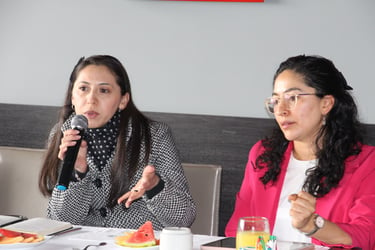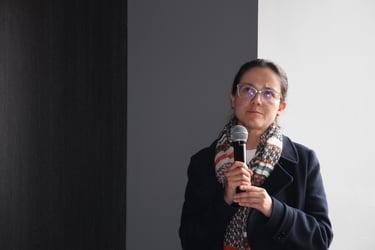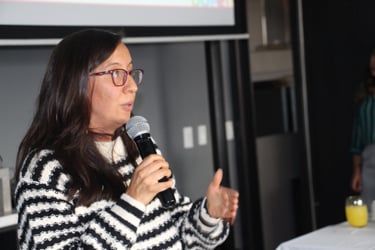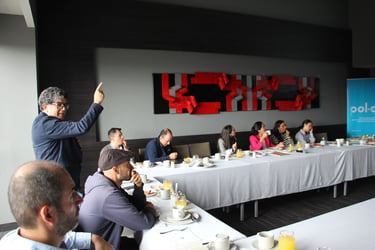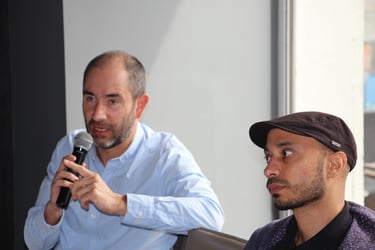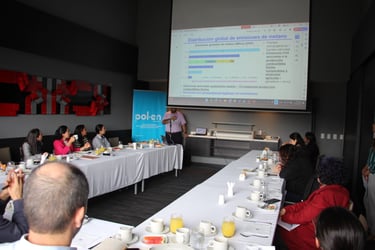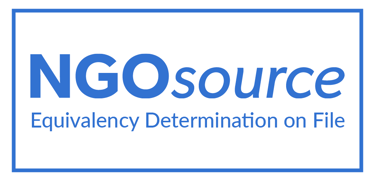Strengthening the Monitoring, Reporting, and Verification System for the Mining Sector in Colombia


For Colombia, meeting the commitments under the Paris Agreement and its greenhouse gas emissions (GHG) reduction targets implies strengthening the capacity for monitoring, reporting, and verification (MRV) in key sectors. In this context, the project "Strengthening the MRV System for the Mining Sector," with an emphasis on coal mining and its associated methane emissions, represents a significant step toward bolstering the institutional capacities of the Ministry of Mines and Energy in its MRV system, known as MRVme. The project is being developed with the support of the Climate and Clean Air Coalition (CCAC), in partnership with the Faculty of Engineering of the National University of Colombia and Hill Consulting.
The launch event, held on October 24, 2024, brought together experts and representatives from diverse public and private organizations and institutions to discuss the importance of methane emissions in coal mining and the need for a strengthened MRVme system to contribute to climate change mitigation. The day began with a presentation by Luisa Fernanda González, Regional Coordinator for Latin America and the Caribbean at CCAC, who emphasized that the coalition is a global, voluntary initiative of countries and non-governmental organizations since its creation in 2012. The CCAC focuses on mitigating short-lived climate pollutants by integrating air quality and climate change into a unified agenda. “Colombia quickly joined the coalition as one of the first Latin American countries committed to this agenda,” Luisa González noted.
The CCAC has become a key player in fighting against four short-lived climate pollutants: black carbon, methane, refrigerant hydrocarbons, and tropospheric ozone. These pollutants account for approximately half of the global temperature increase and adversely affect health, agricultural productivity, and ecosystems. Luisa González emphasized the need for rapid action to mitigate these pollutants, arguing that their reduction could help prevent a 0.6ºC increase in global temperature, which is crucial within the framework of the Paris Agreement.
In the second part of the event, María Elena Huertas, Co-Director of POLEN Transiciones Justas, presented details of the project, starting from Colombia's regulatory framework related to Climate Change Policy and the existing articulation between the national MRV and the MRVme.
The project's core topics include:
International best practices applicable to the MRVme system.
Methane emissions estimation methods for coal mines, with a particular focus on using satellite data.
Evaluation of methane mitigation measures in the coal mining sector.
The above is in collaboration with strategic partners such as Hill Consulting and the National University of Colombia.
"We hope this project will not only impact data collection and analysis but also establish spaces for dialogue and information exchange among the various government institutions involved, such as the Ministry of Mines and Energy, the Ministry of Environment and Sustainable Development, and the National Mining Agency, among others," concluded María Elena.
The products to be developed during this project include a working group to foster dialogue between institutions, capacity-building courses, technical documents on mitigation options, and communication materials to socialize these topics with various audiences.
Professor Rodrigo Jimenez Pizarro, from the Faculty of Engineering at the National University, Bogotá campus, gave a presentation focused on the importance of methane emissions from coal mining in Colombia and the challenges associated with their precise measurement. He highlighted that methane is one of the most potent GHG and that coal mines in Colombia represent a significant source of these emissions, making the sector a priority area for climate action. Rodrigo Jimenez stressed the need to strengthen infrastructure and methodologies for methane monitoring, as effective quantification and reporting of these emissions are essential for any mitigation strategy. He explained that new technologies, such as sensors and satellite data, are currently being used to capture more accurate real-time measurements, which can enhance both the accuracy of the MRV system and policies aimed at reducing emissions in the sector.
Finally, Hill Consulting’s presentation, led by Juan Felipe Franco and Mónica Espinosa, addressed the intersection between air quality and GHG emissions in the coal mining sector. The importance of adopting a comprehensive approach that considers air pollution and its interactions with climate change was highlighted. The presenters suggested implementing a “one-atmosphere” approach, where short-lived climate pollutants and GHGs are managed together. This would facilitate the creation of intersectoral coordination channels and allow for more effective public policy coordination around climate change mitigation and air quality improvement in Colombia.
The launch of this project represents not only a step towards enhancing the MRV system in the mining sector but also aligns with Colombia's commitments under the Global Methane Pledge and the national strategy on short-lived climate pollutants. The actions undertaken in this area have the potential to generate significant benefits for public health, air quality, and environmental sustainability in the country.
The event concluded with a call for collaboration among the diverse stakeholders to strengthen mitigation actions and improve monitoring systems, which are crucial in addressing the challenges raised by climate change.
